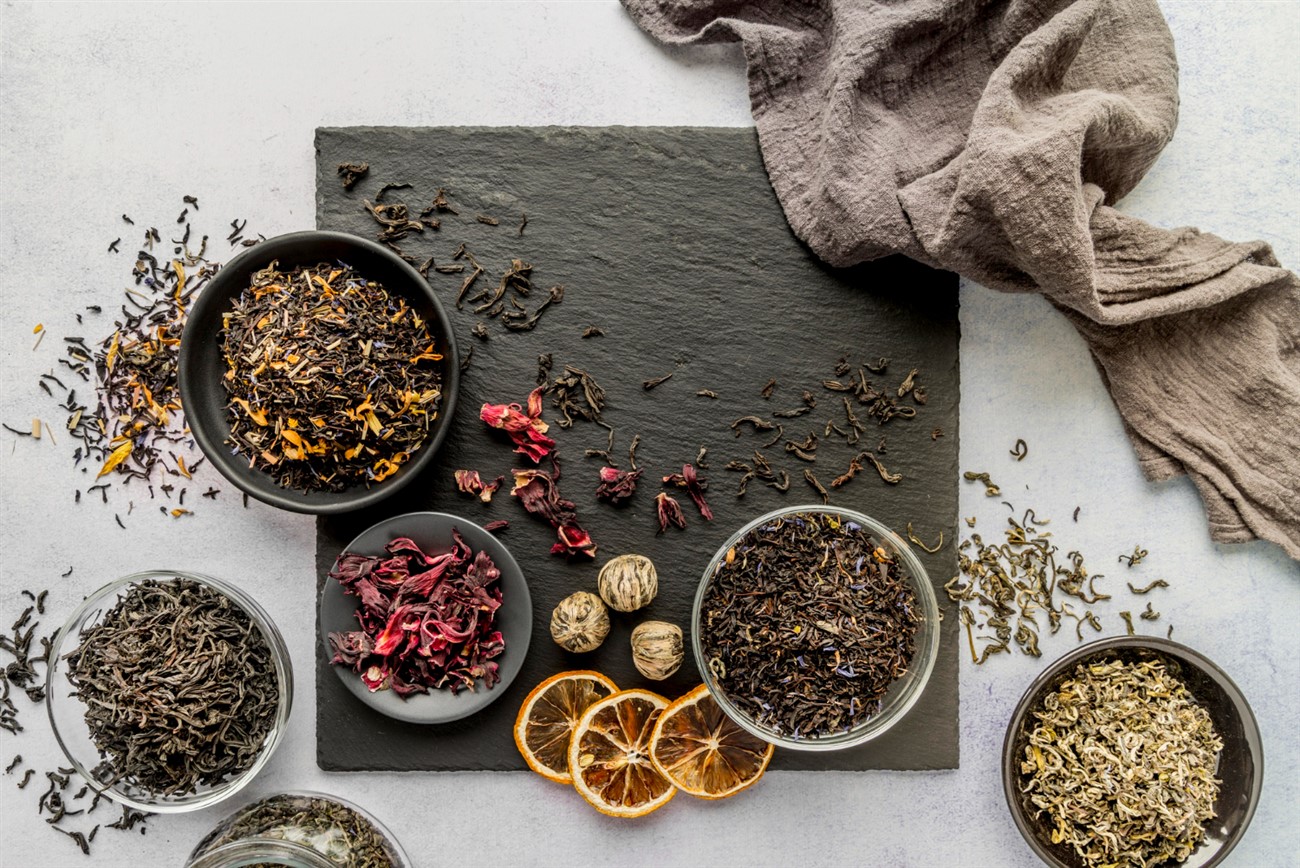15 Herbal Teas to Lower Uric Acid and Reduce Inflammation
Uric Acid is defined by the excessive formation of crystals in the joints produced by substances known as 'purines'. This concentration is caused by the digestion of proteins that come from food. When the uric acid is balanced, the probability of developing diseases is lower.
According to scientific studies, high uric acid comes from genetic origins or unhealthy habits. Fortunately, it is possible to decrease uric acid in the blood with a healthy lifestyle, starting with the daily intake of natural teas.
Discover the 15 herbal teas to lower uric acid and reduce inflammation. Be happy!

Hyperuricemia versus Gout
What are the differences between Hyperuricemia and Gout? Both designations have different meanings, but they are related to uric acid. Hyperuricemia is defined by the increased production of uric acid that subsequently affects the normal functioning of kidney functions. This is the result of the difficulty of the kidneys to expel uric acid through urine. This favours the accumulation of uric acid crystals in the joints, tendons and kidneys.
Gout is one of the most common consequences of excess uric acid in the blood (hyperuricemia). Severe pain, limb deformity and difficulty in moving may be part of the symptoms of arthritis.
When you have Hyperuricemia or Gout, it means that your kidneys can no longer filter out enough purines from the bloodstream. You can also develop Hypouricemia, which means you have low uric acid.
Symptoms of High Uric Acid
- Pain and swelling in the joints;
- Chills;
- Renal colic - which intensifies the pain in the lower back. These may last from 20 to 60 minutes;
- Fever;
- Disgust;
- Redness on the skin;
- Urinary infection.

15 Teas to lower Uric Acid
- Milk Thistle Tea (Silybum Marianum);
- Nettle Tea (Urtica dioica);
- Artichoke Tea (Cynara scolymus);
- Dandelion Tea (Taraxacum officinale);
- Horsetail Tea (Equisetum arvense);
- Birch Tea;
- Ginger Tea;
- Hibiscus Tea;
- Sarsaparilla Root Tea (Smilax officinalis);
- Leather Hat Tea (Echinodorus macrophyllus);
- Burdock Tea (Arctium lappa);
- Devil's Claw Tea (Harpagophytum procumbens);
- Avocado Leaves Tea (Persea americana);
- Blackberry Leaves Tea;
- Barbatimão Tea (Stryphnodendron barbatiman).
If you suffer from high Uric Acid, you can try our Medicinal Tisane for lowering Uric Acid.
9 Teas to relieve joint pain
- Cat's Claw Tea (Uncaria tomentosa);
- Cinnamon Tea (Miconia albicans);
- Erva Baleeira Tea (Cordia verbenacea);
- Aroeira Mastic Tea (Pistacia lenticus);
- Artemisia Annua Tea;
- Calafito Tea (Hypericum tomentosum);
- Klip Dagga Tea (Leonotis nepetaefolia);
- Laurel Leaves Tea (Laurus nobilis);
- White Willow Tea (Salix alba).

Foods that help decrease Uric Acid
- Cucumber, banana, lemon, artichoke, whole grain cereals, green tea, melon, broccoli, carrot, peach, raw onion, water, garlic, orange, potato, rice, pumpkin seeds, coffee, kiwi, lettuce, turnip greens, grapes, nuts, and chestnuts.
Foods that favour high uric acid
- Seafood, red meat (beef, lamb and pork), barbecue sauce, beer, bacon, fatty fish (salmon, mackerel, herring, lake trout, sardines and albacore tuna), soft drinks, liquor, tomatoes, ketchup, white bread, mustard, sweets, overripe fruit, mushrooms, asparagus, and crackers.
How to know if you have Uric Acid
To know the rate of uric acid present in your body, you need to perform blood or urine tests. According to clinical data, normal values of uric acid in men are around 3.4 to 6.99 mg/dL and in women 2.30 to 5.7 mg/dL. They become worrisome in women when they present values equal or superior to 6.0 mg/dL and, in men, from 7.0 mg/dL.
Until the next article!
Chás do Mundo
"A Somantis, Unip. Lda é uma empresa fundada em 2005 e que atua no ramo alimentar, com especial incidência na importação e exportação de chás, plantas medicinais, acessórios, especiarias e produtos biológicos diversos. A nossa empresa faz-se representar pela marca "Chás do Mundo ®" que apresenta uma vasta gama de chás de elevada qualidade, onde conta com mais de 2000 variedades disponíveis, entre chás ortodoxos ou blends de diversas tipologias como o chá verde, chá branco, chá preto, chá vermelho, chá oolong, rooibos, plantas medicinais, tisanas, misturas de frutas, chás em saquetas simples, biológicos e de comércio justo."
Sign in